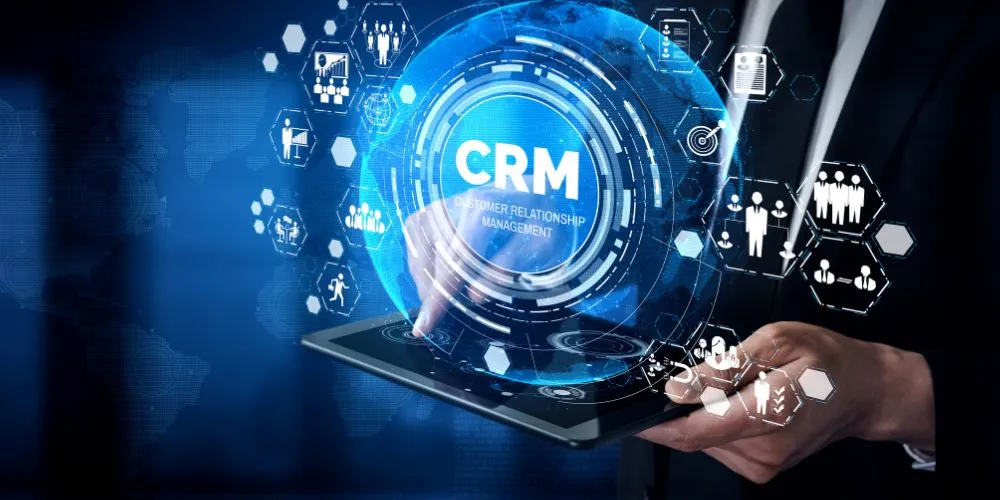In the modern business landscape, where customer-centricity is paramount, Customer Relationship Management (CRM) software emerges as a transformative tool, enabling organizations to forge, nurture, and leverage meaningful connections with their clients. As businesses navigate the complexities of the digital era, CRM software serves as a strategic ally, providing a centralized platform for managing customer interactions, streamlining processes, and gaining insights that drive informed decision-making.
At its core, CRM software serves as a comprehensive repository for customer data, capturing and organizing information from various touchpoints across the customer journey. From initial communication and lead generation to sales, service, and support interactions, CRM software provides a holistic view of each customer’s history, preferences, and interactions with the business. This consolidated data empowers organizations to personalize interactions, anticipate needs, and deliver a seamless and responsive customer experience.
One of the key functions of CRM software is managing leads and opportunities. It tracks leads through the sales pipeline, from initial contact to conversion, and enables sales teams to prioritize, nurture, and convert leads into loyal customers. Automating sales processes, such as task assignments, follow-up reminders, and quote generation, streamlines workflows and enhances the efficiency of sales teams.
Customer service and support benefit significantly from the capabilities of CRM software. Organizations can respond promptly, track issue resolution, and measure customer satisfaction by centralizing customer inquiries, complaints, and support requests. This real-time visibility into customer interactions allows support teams to identify trends, address recurring issues, and continuously improve the quality of customer service.
Marketing automation is a pivotal feature of CRM software, enabling organizations to execute targeted and personalized marketing campaigns. Analyzing customer data facilitates the creation of segmented customer lists, personalized messaging, and automated campaign workflows. This precision in marketing efforts enhances engagement, boosts conversion rates, and improves overall marketing effectiveness.
The analytical capabilities of CRM software contribute to informed decision-making and strategic planning. By generating reports and dashboards that distill key performance indicators, sales forecasts, and customer behavior patterns, CRM software empowers management to gain insights into business performance. These insights guide strategic initiatives, resource allocation, and the development of customer-centric strategies.
CRM software is not confined to a static role; it evolves in response to the changing needs of organizations. Integration with other business systems, such as ERP or e-commerce platforms, ensures a seamless flow of information across the enterprise. Customization and scalability features allow organizations to tailor CRM solutions to their unique requirements, supporting growth and adapting to evolving business landscapes.
Despite its transformative potential, successful CRM software implementation and utilization require a strategic approach, user training, and ongoing commitment to data accuracy and system optimization. Organizations must align their CRM strategies with business goals, foster a customer-centric culture, and prioritize integrating CRM into daily workflows.
Conclusion
CRM software is a linchpin in the contemporary business landscape, guiding organizations toward a customer-centric approach that fosters loyalty, drives revenue, and propels growth. As businesses strive to navigate the complexities of the digital era and meet their customers’ evolving expectations, it remains an indispensable tool, serving as the nucleus of customer relationship management in the fast-paced and interconnected world of modern commerce.





